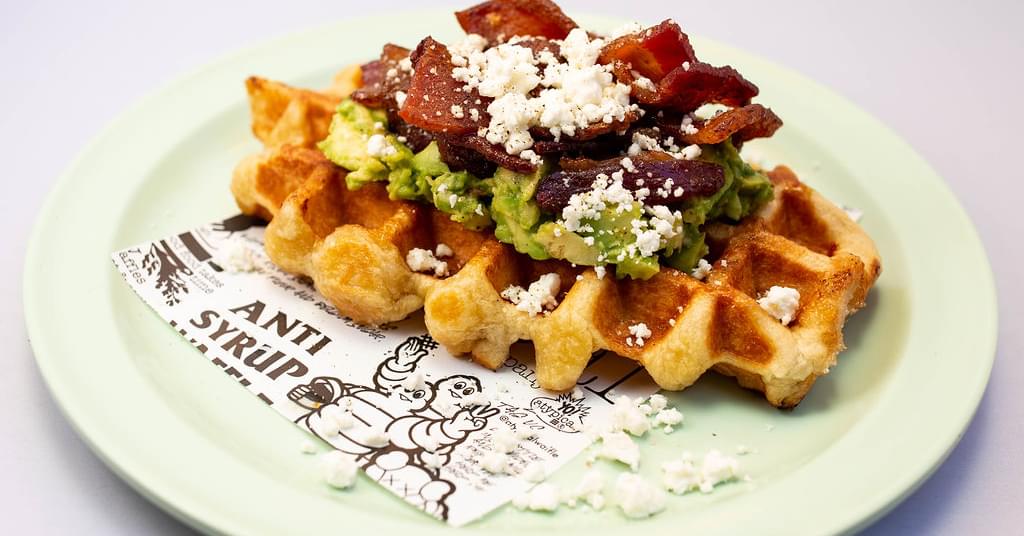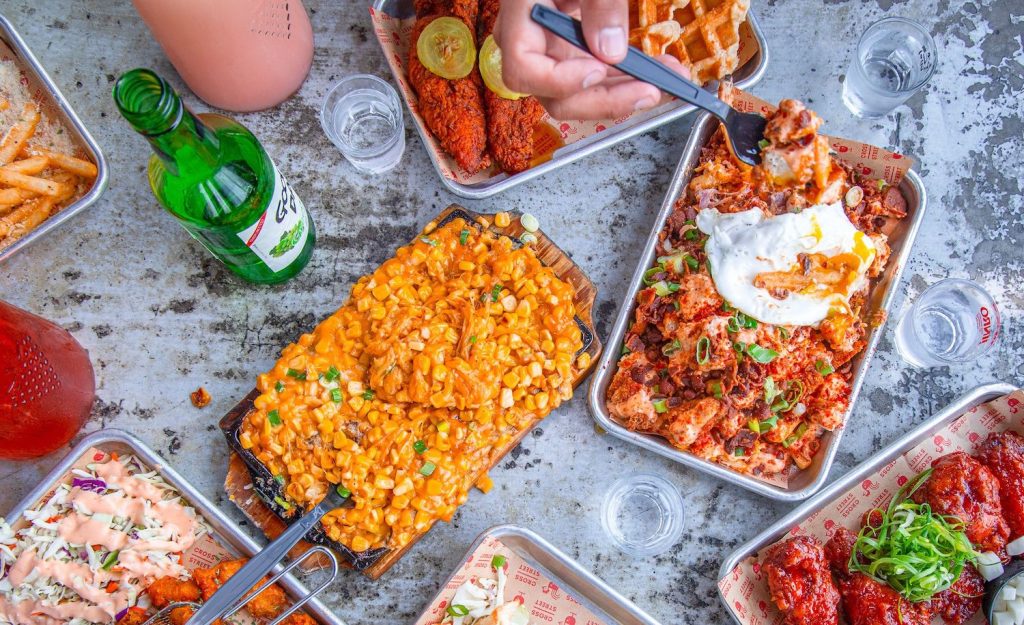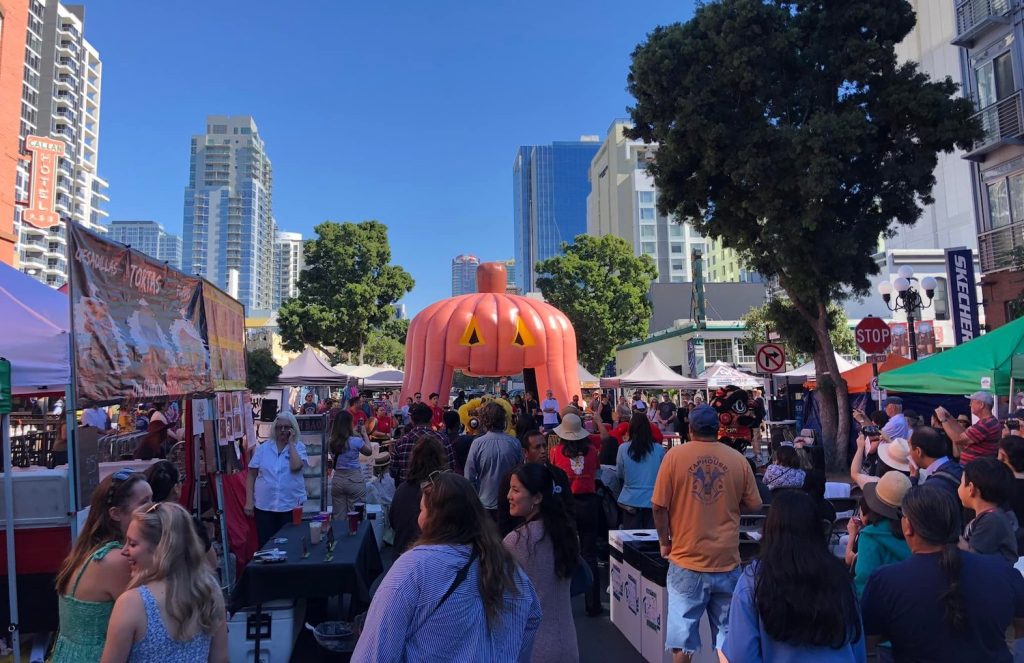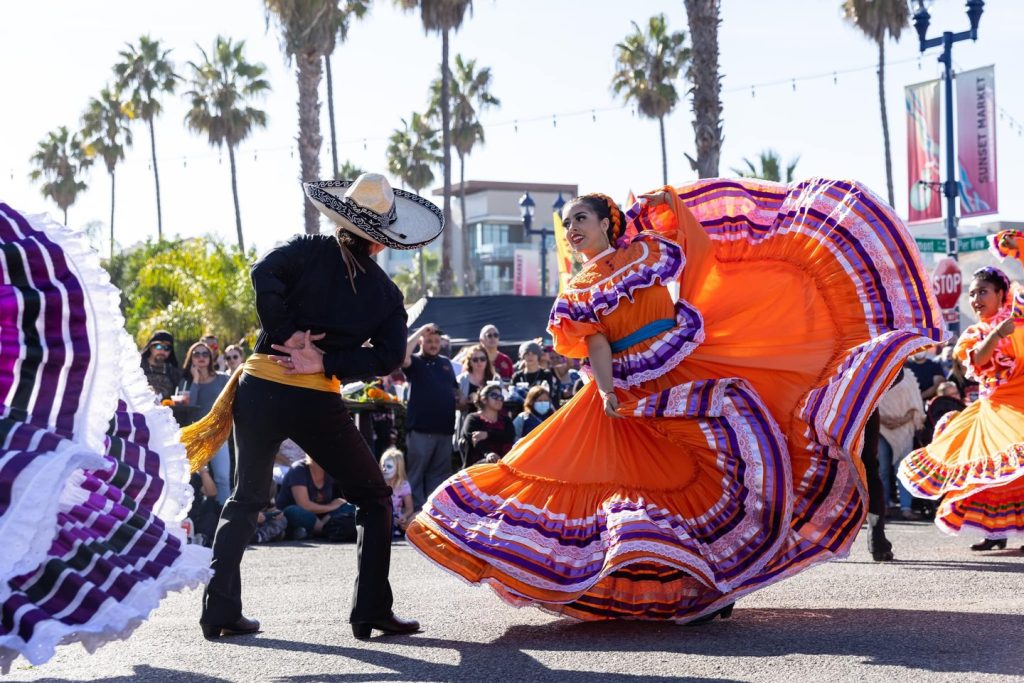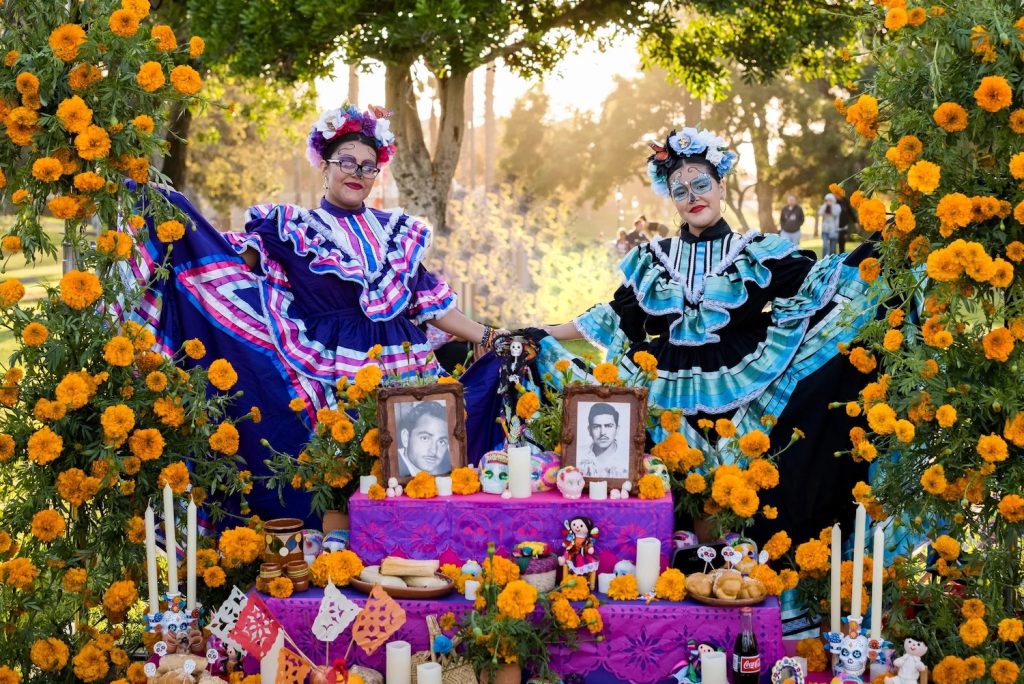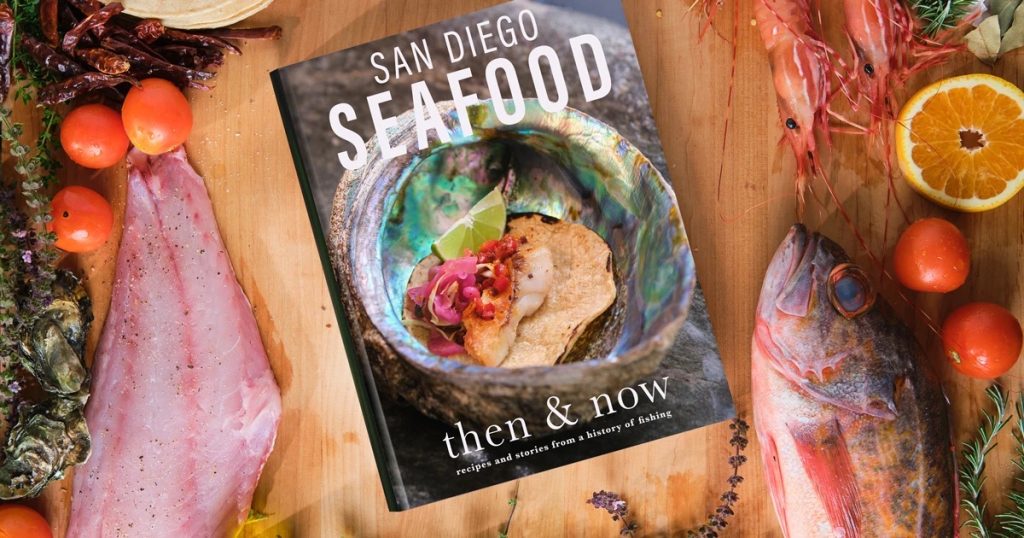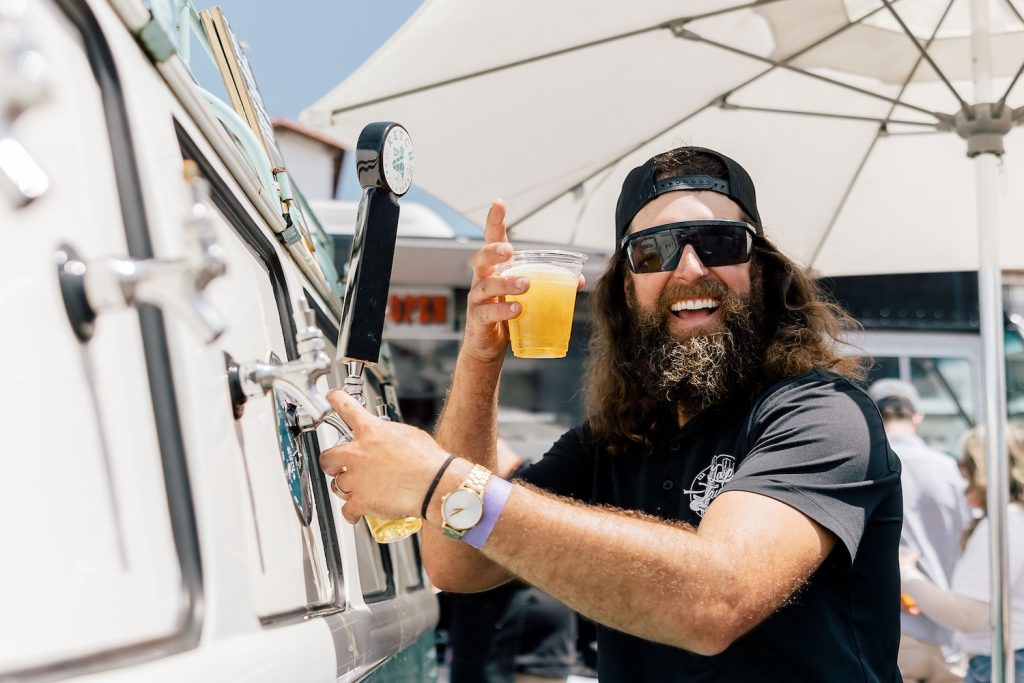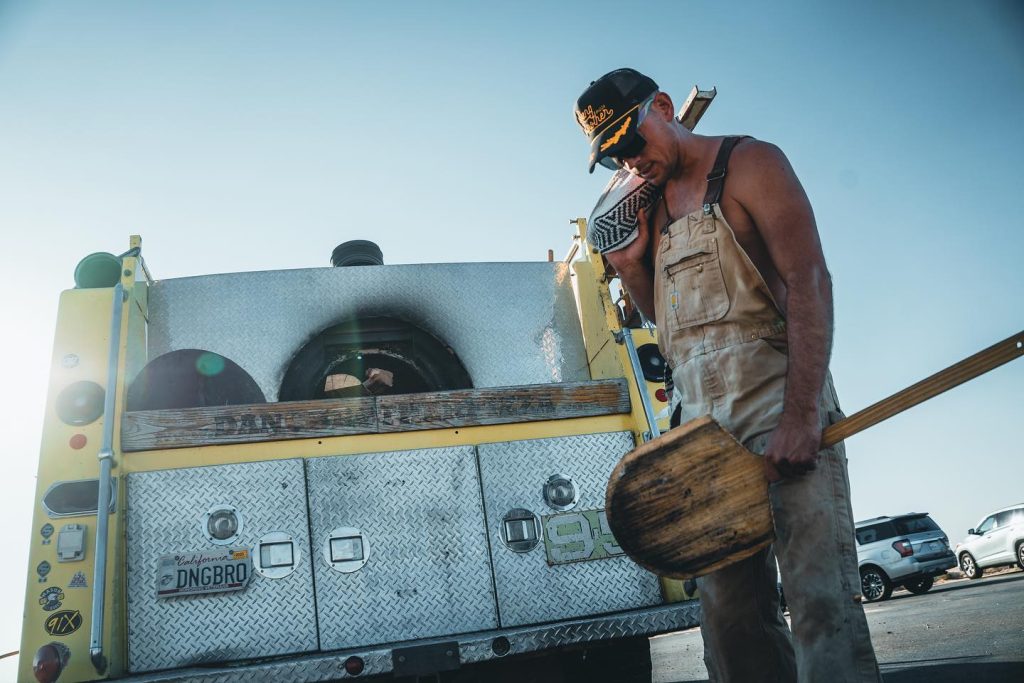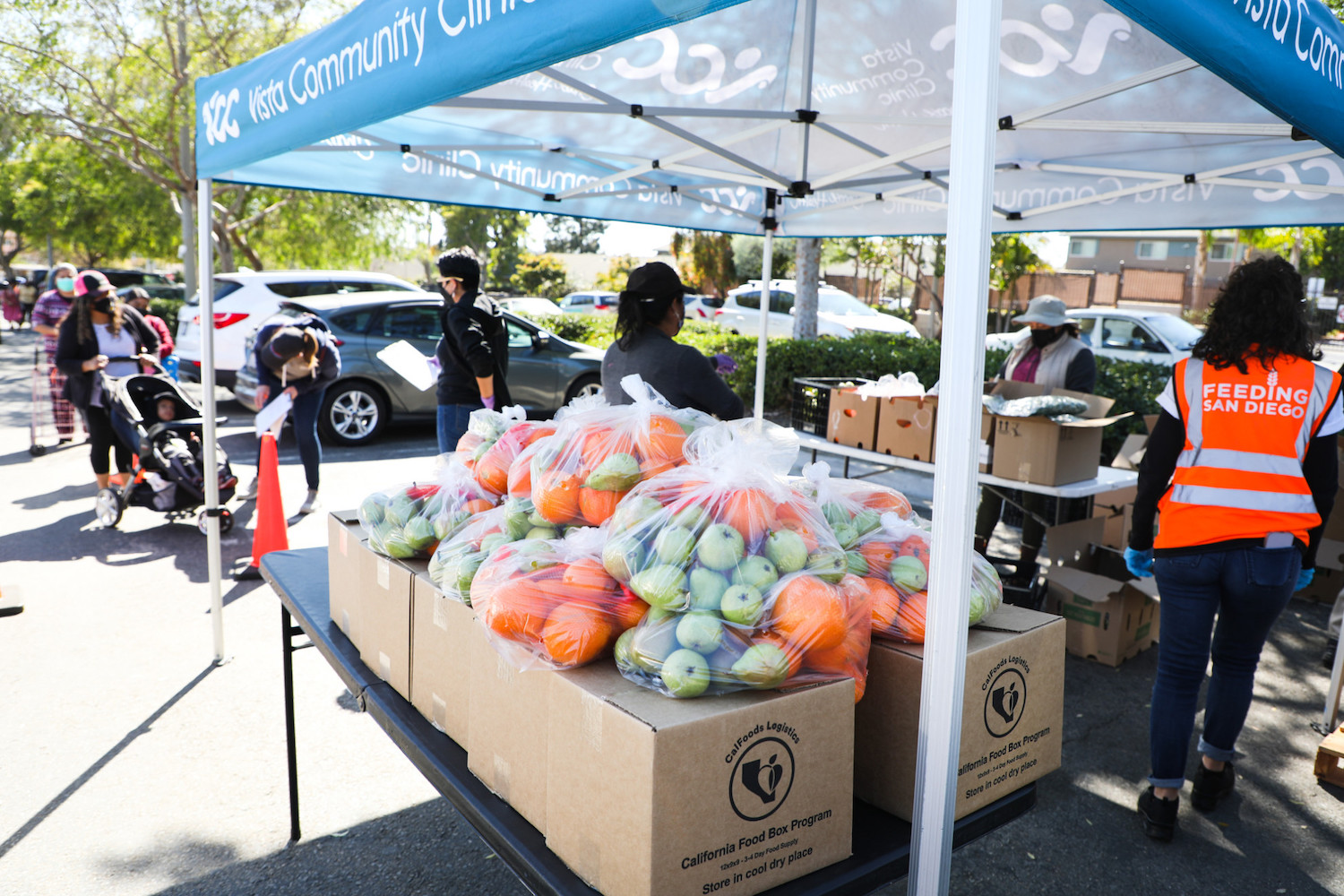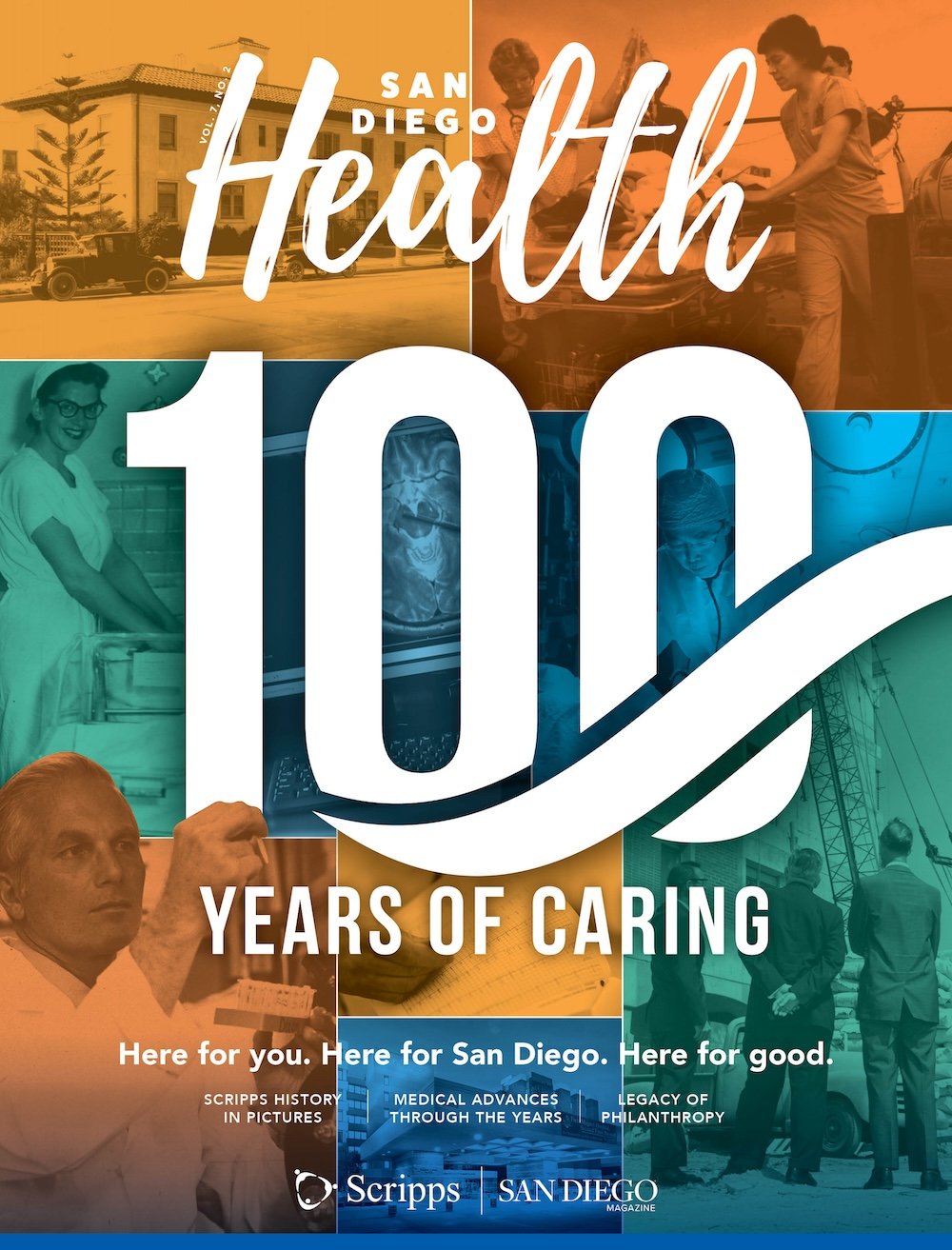This week’s Happy Half Hour extra special guest is a longtime friend of San Diego Magazine, Feeding San Diego. If you tune into our channels, this organization probably doesn’t need much of an introduction. And if you’re lucky, you would have caught Troy emceeing their gala last month (in a sequin jacket, of course).
But for the uninitiated, Feeding San Diego is easily one of the most impressive nonprofits in town. We’ve covered food insecurity before in the magazine’s pages, and we’re continuing to shed light on one of our region’s most dire problems.
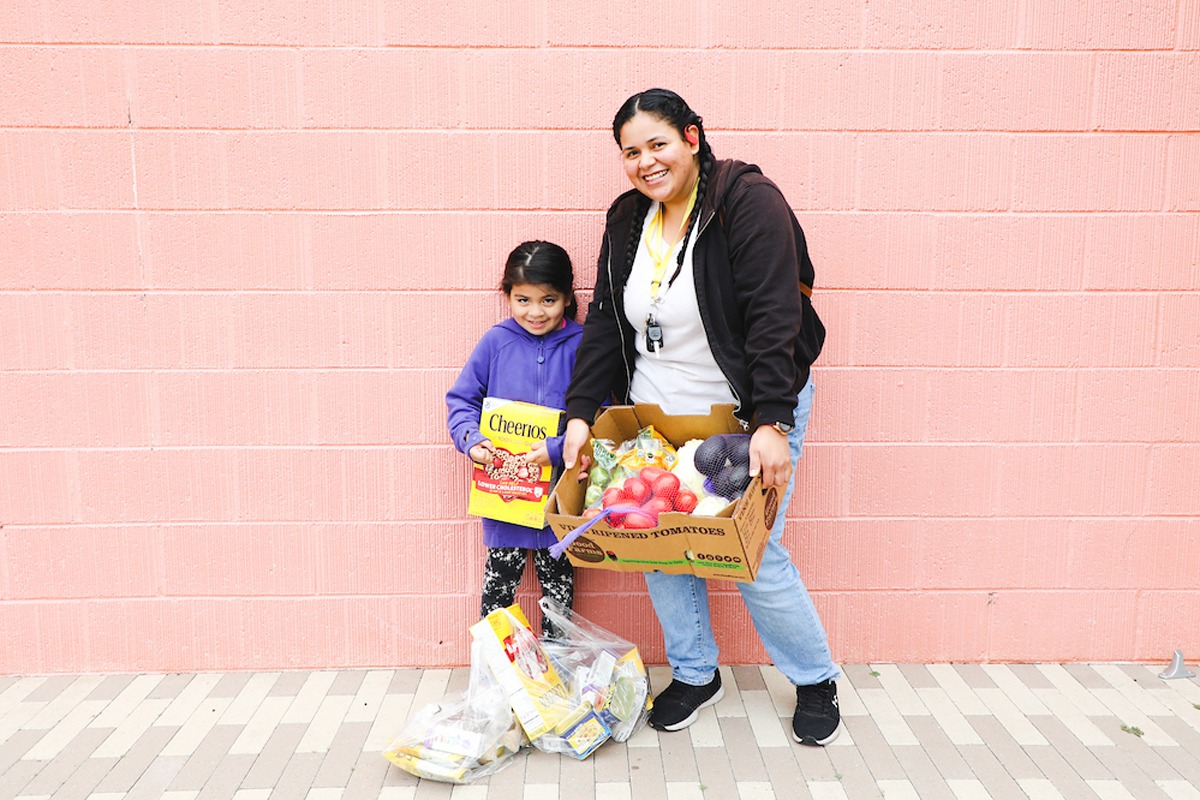
In partnership with a network of nearly 350 local community organizations, including local charities, schools, faith communities, healthcare providers, and meal sites, Feeding San Diego collects food and financial donations, moves and distributes food to communities who need it, and advocates to end hunger.
Feeding America says nearly 300,000 people in San Diego County—including almost 80,000 children—are hungry. The org, established in 2007, is Feeding America’s only local partner food bank, and beyond just banking and distributing food, it rescues 1.2 million pounds of high-quality, edible surplus food monthly from local grocery stores alone. It also manages around 875 pickups of food donations a week from local retailers and provides food assistance to kids, families, seniors, college students, military families, veterans, and the unhoused via about 300 food distribution sites around the county.
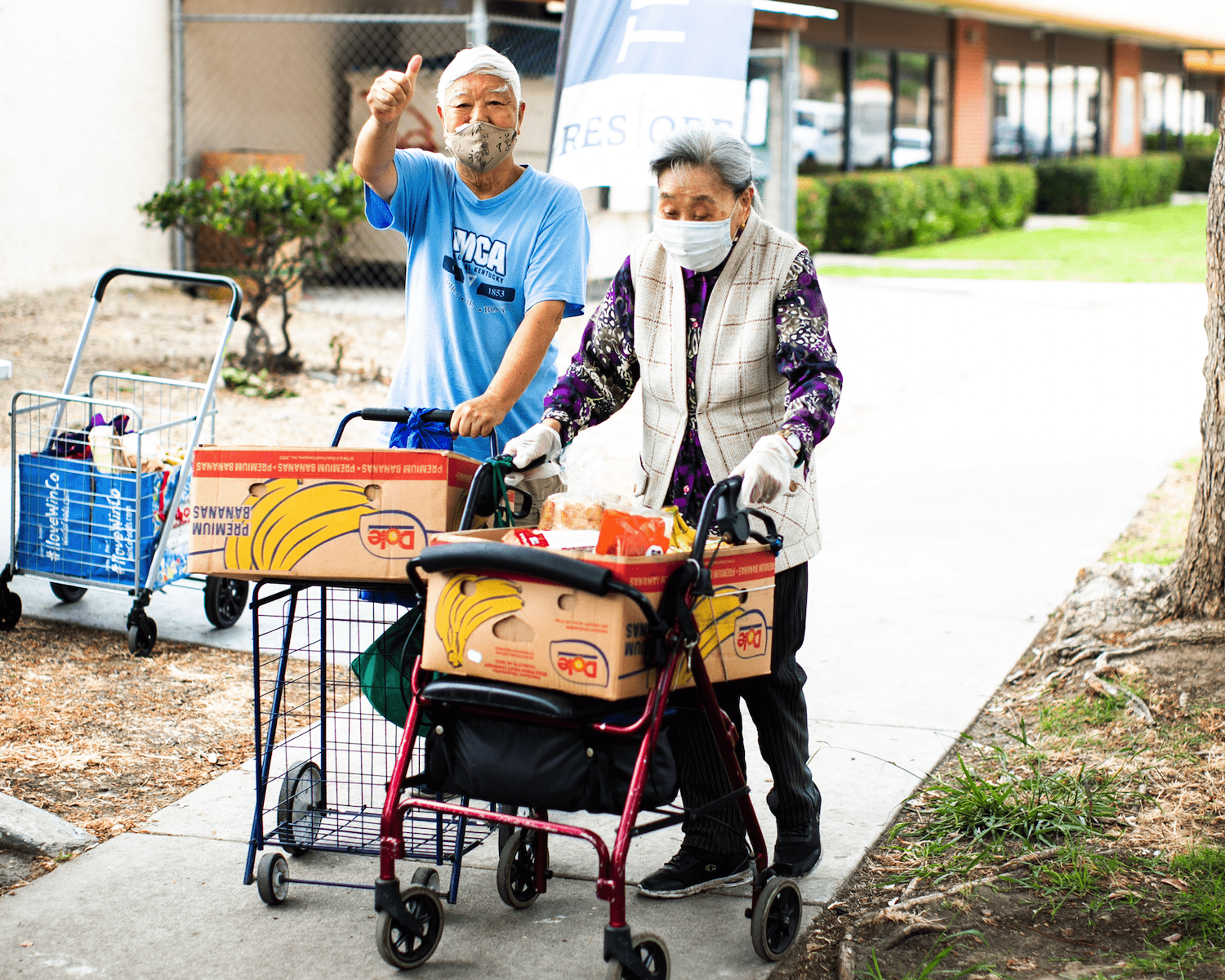
“There are many faces of hunger,” says Kate Garrett, Feeding San Diego’s Director of Supply Chain, who represented the organization on this episode. “It can be your neighbor, a coworker, a kid your child goes to school with, seniors on fixed incomes living in rural towns, military families, and veterans. Hunger can affect anyone.”
Garrett, who in a past life was once a zookeeper in Greece and is an accomplished horseback rider, has been with the organization for over six years. She was also a shortlisted nominee of the Food Chain Global Youth Champion Award in 2022. She’s responsible for figuring out the logistics of all the aforementioned, which is no small task considering the numbers involved.
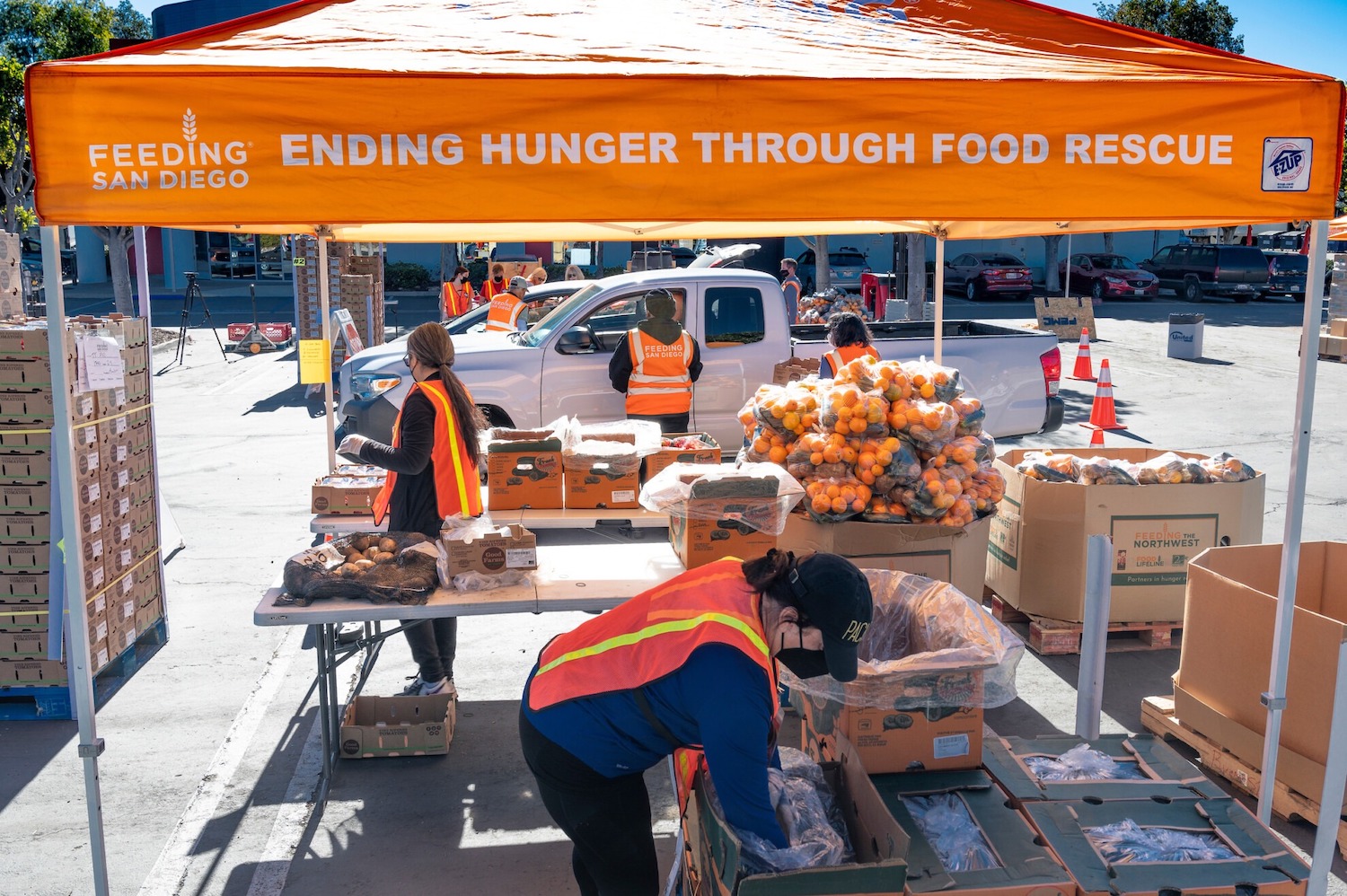
One of the biggest misconceptions about food rescue and re-distribution, Garrett says, is that people assume the food collected is expired, or somehow lesser quality. “Our goal is to make food as accessible as possible,” she says. “And not just any food, but edible and nutritious food. We want to make sure that what we’re providing is really high-quality and good for people to eat.”
She adds that the food they collect is merely surplus, meaning, still perfectly edible and within sell and use-by dates. A good example she gives is supermarket bread: it’s baked fresh every day, but not every loaf will sell, and they are required to throw it out at the end of the day. It’s still in perfect, fresh condition, of course. But now it’s become surplus. In cases like this, this is where Feeding San Diego comes in.
In addition to solving local hunger issues (one can dream), we also talked about local food news.
Donut Bar opened its augmented reality donut experience on Columbia Street near the waterfront (and SDM’s HQ); Anime’s Tara Monsod is a finalist for the James Beard Foundation’s Best Chef, California award (the first from San Diego to get this far, ever!); and Shorebird Restaurant, which has outposts in Newport Beach, Palm Desert, and Sedona under the WildThyme Restaurant Group umbrella, will open in Seaport Village some time in 2024.
